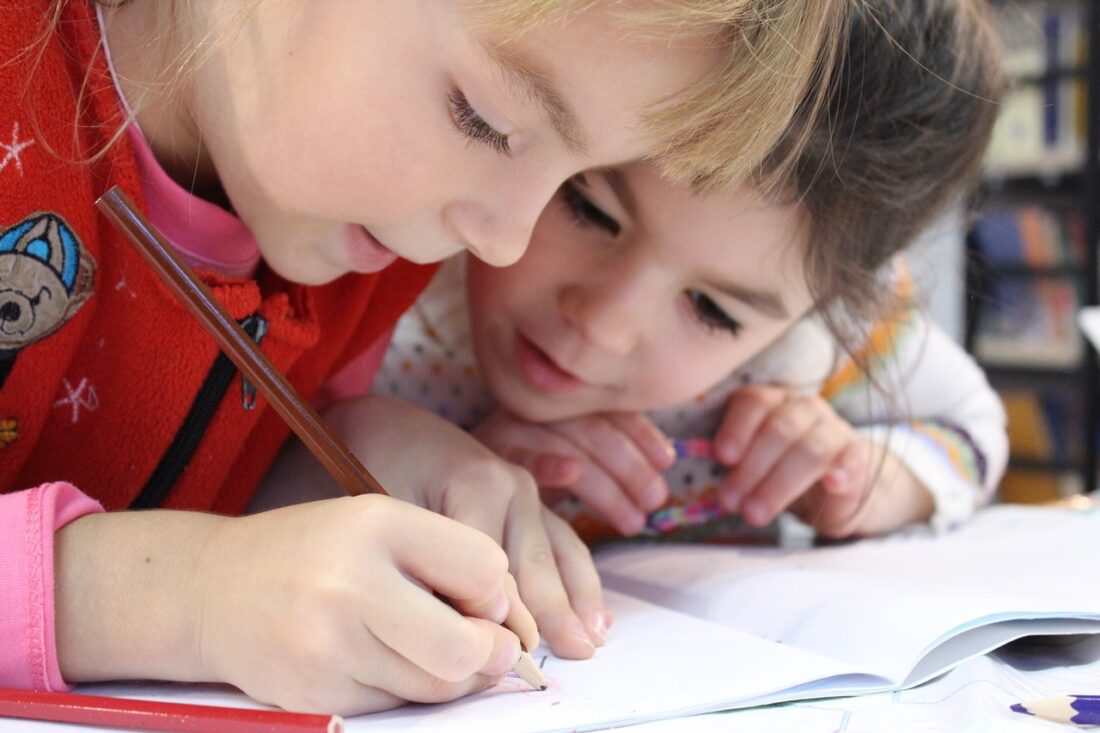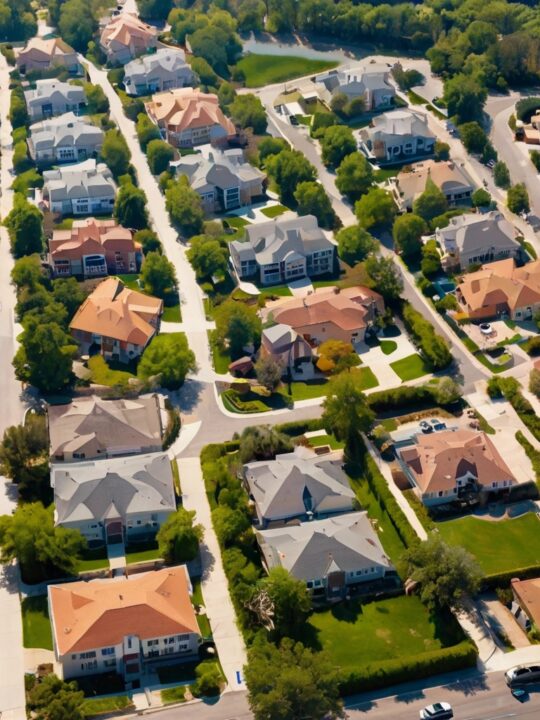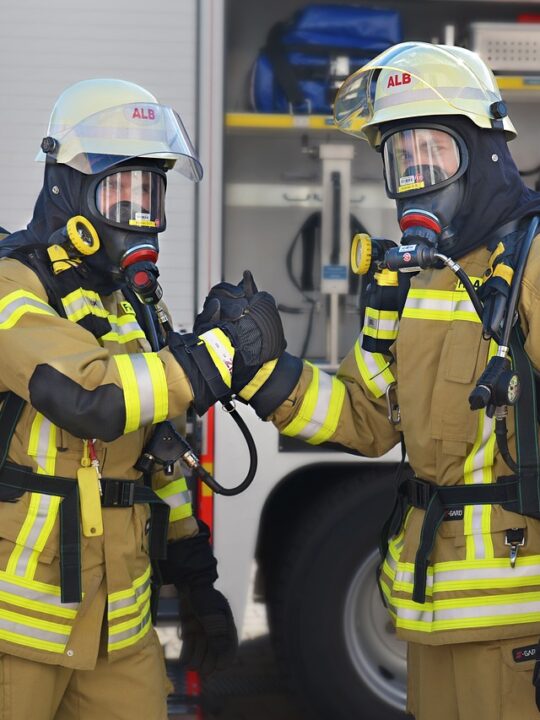 In 2016, Singaporean students achieved the highest marks in the Programme for International Student Assessment or PISA in all subjects. This is a testament to the level of excellence that the Singapore education system has come to be known for.
In 2016, Singaporean students achieved the highest marks in the Programme for International Student Assessment or PISA in all subjects. This is a testament to the level of excellence that the Singapore education system has come to be known for.
While the quality of education still varies from one school to another, finding an excellent educational institution in Singapore is not difficult. If you’re planning to move to an Asian country and education is of primary consideration, then Singapore should be on top of your list. In the paragraphs that will follow, you will get a glance of the Singapore education system. This article is for those interested in knowing more about Singapore’s educational system.
Pre-school
Education in Singapore starts with pre-school, which can be availed by children from three to six years old. Pre-school is optional and is offered by companies and charity organisations, and community groups. A good example of a pre-school is The Little Skool-House, which is a kindergarten in Pasir Ris, located on the east side of Singapore.
With regards to fees, it’s often payable, and the cost differs depending on the school. To give you an idea of the fee, a typical government-run school charges around SGD 320 for a permanent resident of the country. One of the things that you need to know is that the pre-schools are usually overbooked so you may not be able to enrol your child in your preferred school. Families in need may ask for help from some preschools that assist.
Primary School
Unlike pre-school, primary school is compulsory and is attended by children from six years of age. It is also free of charge, so there is no reason for parents not to enrol their kids in primary school. For parents who fail to enrol their kids in primary school, they will be charged with a penalty. Parents also have the option to enrol their children in schools run by religious organisations that are not managed by the ministry of education. Still, they will have to ask permission first. Permission is also necessary for parents who would like to homeschool their children.
Primary school is composed of six years, four of which are considered the foundational years, and the final two are the orientation years in preparation for secondary school. The objective of primary school is to provide students with a firm foundation in English, which is considered as the primary language in Singapore, and maths. Other subjects are optional and can be chosen by students based on their aptitude and preference.
Secondary School
The secondary school in Singapore is composed of four to five years of compulsory education. After that, students can choose whether to continue with pre-university schooling, that is if they can do well in the exams. The exams are important because they determine whether a student can pursue higher studies or not. This is why many Singaporean students take classes or hire private tutors to help them with getting good grades and passing the exams. This is especially true among those who have aspirations of entering a prestigious university in Singapore or abroad.
Post Secondary Education
Students who pass the exams and choose to pursue pre-university education will have to take a three-year course that is tailor-fitted to them. Universities in Singapore are known to be fiercely competitive and students are often subjected to tremendous pressure to perform well. For those who are not fortunate enough to pass the exams or who don’t have plans to enter university, they can enrol in a technical school or polytechnic college. These institutions are designed to develop vocational skills among students. For more information on the available options for students, one can refer to the website of Singapore’s Ministry of Education.
No one factor can explain the excellence of Singapore’s educational system. This is because the system is a product of many different factors. Singapore’s history and culture has influenced it. You can also cite foreign influences, both direct or indirect. The presence of these multiple factors also explains why it is hard to transplant Singapore’s educational system to other countries. So if you or your children have the opportunity to study in Singapore, consider yourself fortunate.







